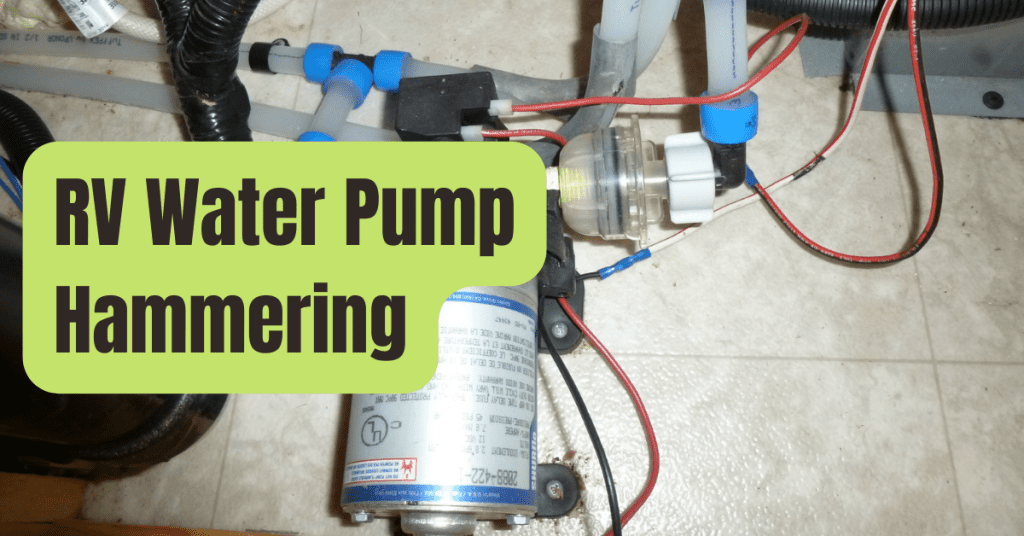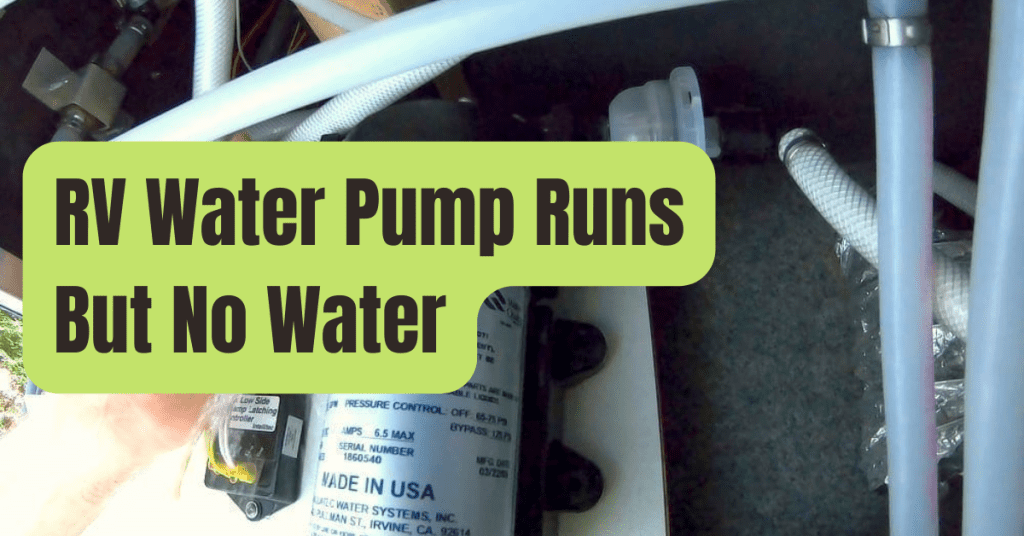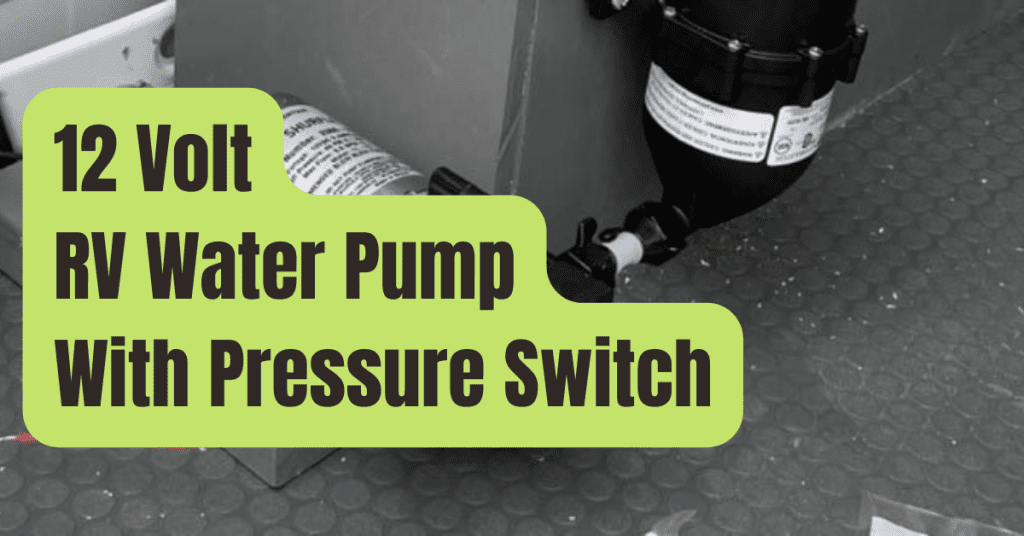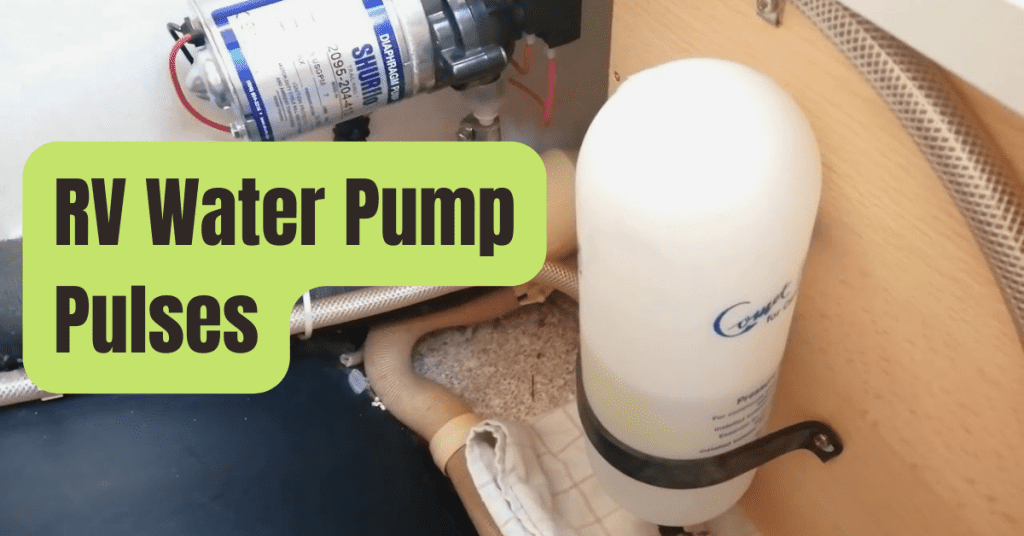You must first comprehend the benefits and drawbacks of both hard and soft water in order to fully comprehend the advantages and downsides of water softeners.
You’ll need to choose the one that is best for you when those distinctions are discovered.
Hard Water: What Is It?
As natural as near to drinking rainfall as you can get is hard water.
All the minerals it had gathered on the way to your tap are still within.
What makes it “hard” are the mineral deposits that it accumulates.
Different amounts of mineral content or water hardness are possible.
Benefits of Hard Water
- Since hard water naturally includes important minerals like calcium, magnesium, and iron, drinking it is good for your body. These three minerals in particular, according to several studies, are advantageous for maintaining the health of your heart and circulatory system.
- Although it is a matter of opinion, many people think that these minerals enhance the water’s flavor.
Drawbacks of Hard Water
- Your plumbing system will develop a scale buildup due to hard water. Even while it will gradually worsen, by the time you are aware of it, it’s typically too late. The majority of the time, scale accumulation has to be removed by a plumbing expert.
- Not only will you notice scale accumulation in your pipes, but it will also affect the performance of your home appliances.
- You may see discoloration in your bathtubs, sinks, dishwasher, and washing machines as a result of some minerals.
- It is typical for your water to emit certain unpleasant odors, ranging from sulfur to earthy, if the mineral levels are high enough.
- Your skin and hair are likely to accumulate buildup from hard water, which makes them dry and fragile.
Describe Soft Water.
When all of the minerals in water have been eliminated, generally by ionization, the water is said to be soft.
Details are provided in our blog post on the Basics of Water Softeners.
Drawbacks of Soft Water
- Most experts agree that consuming soft water on a daily basis might be detrimental.
- Regularly consuming soft water raises salt levels, which may cause a number of health issues, including high blood pressure.
- The method used to soften the water also makes it more flammable, which means it absorbs more foreign substances from your pipes. Lead is one among these components, raising the possibility of harm.
- For every 1,000 gallons of water used, a water softener wastes up to 120 gallons. Your water bill can go up if you’re charged based on how much water you use.
Benefits of Soft Water
- Your skin and hair are less likely to be harmed by soft water.
- You don’t need as much soap since it works better, and your clothing usually feel cleaner as a result.
- Your sinks, dishwashers, tubs, and other plumbing fixtures will have little or no scaling and lime buildup thanks to soft water.
- may help you save money on your energy bill since your water heater won’t have to work as hard because there isn’t much scaling in your pipes.
- Your pipes won’t develop scaling when you use soft water.
- You may bring some hard water into your home for drinking and cooking that hasn’t been softened by your water softener.
In the end, installing a water softener and having a separate drinking line in your home may often provide you the best of both worlds.
Contact a local expert in plumbing and heating if you’re interested in learning more.










